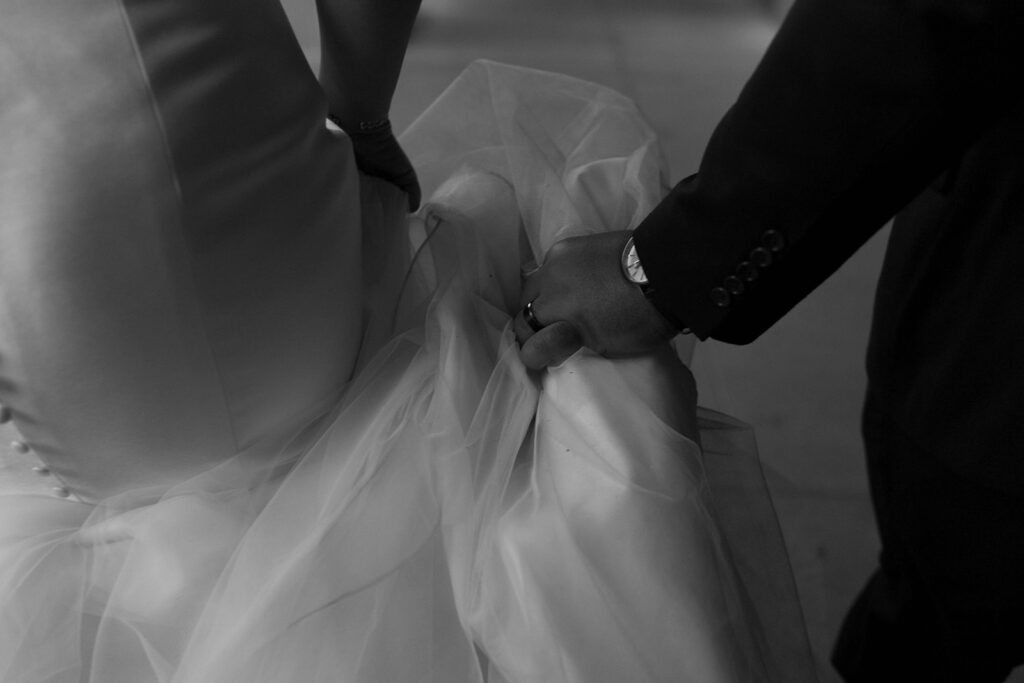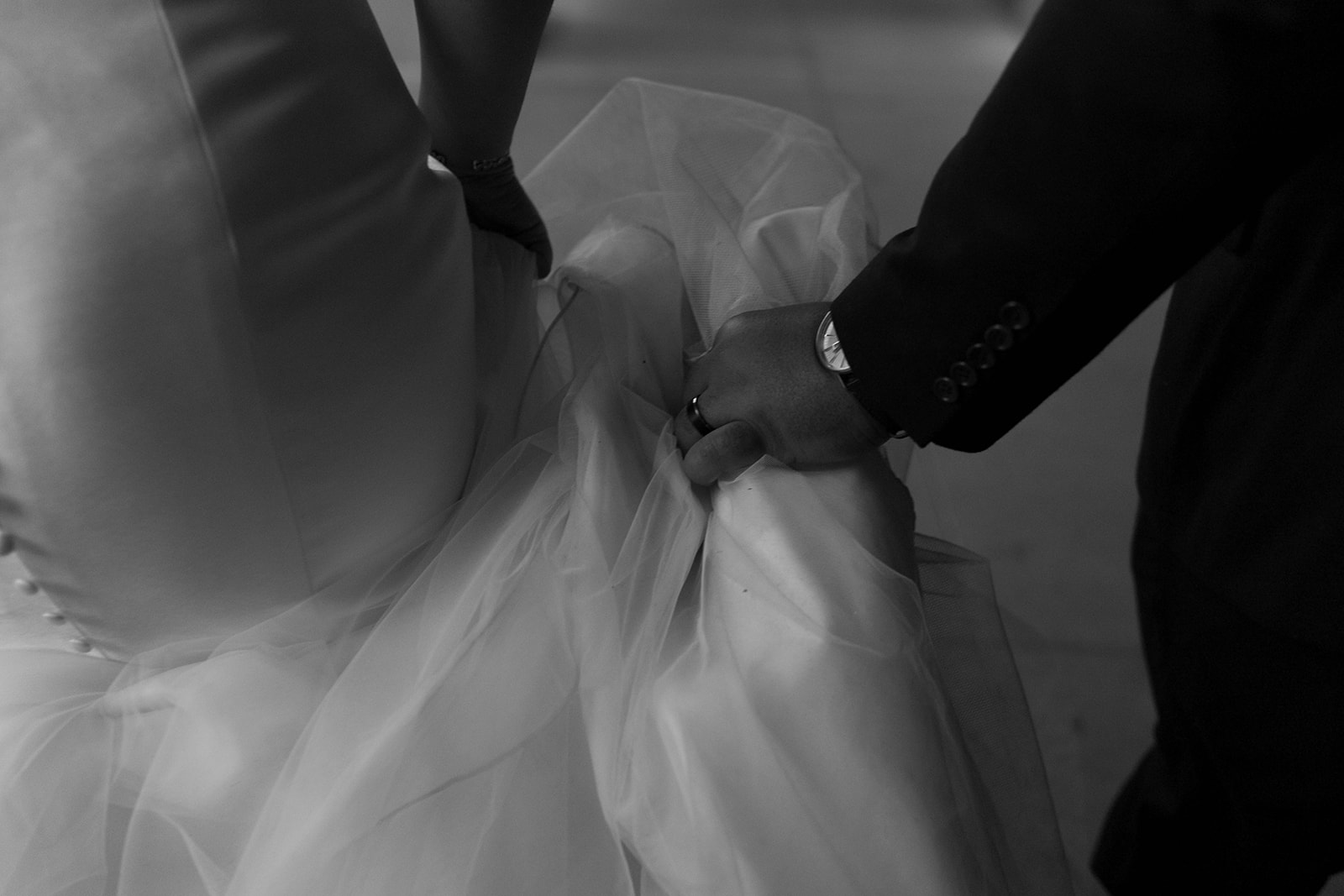Jan 27, 2023
Wedding Photography Contracts & Why Both Parties Want Them!
As a commercial litigation and intellectual property attorney, contracts in the creative entrepreneur space are truly my cup of tea. Before diving into why contracts are essential for your wedding, remember that the purpose of a contract is to provide a benefit to both parties. For example, you get gorgeous wedding photos and your photographer gets monetary compensation. The goal is to have a win, win!

A wedding is a significant event in a couple’s life, and it requires a lot of planning and coordination. One of the most important aspects of this planning process is the use of wedding contracts. These contracts serve to protect both the couple and the vendors involved in the wedding, and they help to ensure that everything goes smoothly on the big day.
First, let’s define what a wedding contract is. Essentially, it is a legally binding agreement between the couple and the vendors that outlines the terms and conditions of the services being provided. This can include everything from the venue, to the catering, to the flowers and decorations. It is important to have a contract in place because it provides a clear understanding of what each party is responsible for and what is expected of them.
There are a few key reasons why wedding contracts are essential for both the couple and the vendors:
- Protection of both parties: A wedding contract protects both the couple and the vendors by clearly outlining the terms of the agreement. This can include the specific services being provided, the cost of those services, and any terms or conditions that must be met. If one party does not hold up their end of the agreement, the contract can be used to enforce the terms and seek remedies.
- Payment: Payment is often a significant concern for both the couple and the vendors. A wedding contract helps to ensure that the couple knows exactly what they are paying for and when they are expected to make payments. It also helps to protect the vendors by specifying when and how they will be paid for their services.
- Changes and cancellations: There is always the possibility that something could go wrong or that plans may need to change. A wedding contract helps to outline what will happen in the event of changes or cancellations, which can provide peace of mind for both the couple and the vendors.
- Communication: A wedding contract helps to establish clear lines of communication between the couple and the vendors. It outlines who is responsible for what and how communication should take place. This can help to prevent misunderstandings and ensure that everyone is on the same page.
Now that we have discussed the importance of wedding contracts, let’s look at some of the specific things that a contract should include:
- Date and location: The contract should specify the date and location of the wedding. This is important for both the couple and the vendors, as it helps to ensure that everyone is aware of the details and that there are no conflicts.
- Services: The contract should outline the specific services that the vendors will be providing. This can include everything from the venue and catering to the flowers and decorations. It is important to be as detailed as possible to ensure that there are no misunderstandings.
- Payment: The contract should specify the total cost of the services being provided and how and when payments are to be made. It is important to include any deposit amounts and deadlines for payment.
- Changes and cancellations: The contract should outline what will happen in the event of changes or cancellations. This can include provisions for refunds or credits in the event that the wedding is postponed or cancelled.
- Communication: The contract should specify how communication will take place between the couple and the vendors. This can include the primary point of contact for each party and how issues or questions should be addressed.
Basically, wedding contracts are an essential tool for both the couple and the vendors involved in a wedding. They provide protection, clarify payment terms, outline the terms of changes and cancellations, and establish clear lines of communication. By including all of the necessary details in the contract, both the couple and the vendors can have peace of mind knowing that everything is taken care of.
In my first meeting with my potential couples, I always remind them to read the contract thoroughly before signing it and to ask any questions if they arise. Remember, it’s supposed to memorialize an agreement that benefits everybody!


VIEW
Comment Section
/